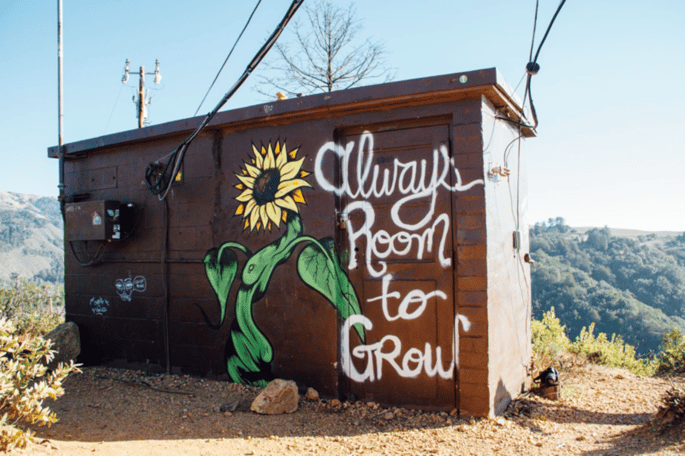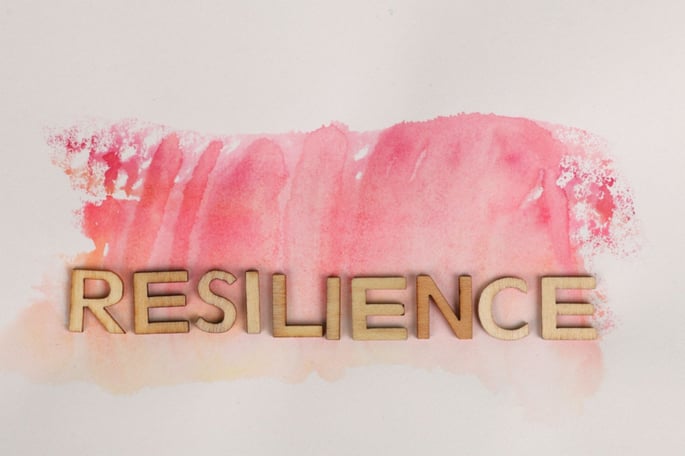Curveballs & challenges? No biggie!
3-minute read
One of the most popular words of 2020 has been ‘adaptivity.’ With so much change, challenge, and uncertainty, we’ve all gotten better at letting go of old ideas to embrace the moment.
Whether we’ve consciously done it or not, many of us have gotten better at embodying the improv philosophy of “Yes, and…,” a mantra that improvisers use to stay open to possibility and in the creative flow. Rather than fighting to hold onto a predetermined set of outcomes, “Yes, and…” allows improvisers to accept the unexpected and stay oriented on new solutions. Many associate improvisation with jazz or comedy actors, but, in reality, improvisation occurs every day in many ways. Your train is late. You’re out of milk. A pandemic. Uncertainty and surprise are everywhere.
It’s helpful to think of improvisation as a mindset that we can shift into when curveballs and challenges come our way. A team of neuroscientists observed the brains of musicians while playing the piano and found that when improvising, the part of the brain that is more critical was less activated. This capacity to turn off our inner critic and be open to discovery in the moment can be a crucial tool in staying flexible amidst chaos.
Here are some exercises and tips that can help you shift into a “Yes, and...” mindset no matter what comes down the road.
Structuring
One of the most common misunderstandings about improv in live performance is the belief that everything is made up on the spot. In reality, great improvisers embrace the power of structures. In comedy, improvisers follow the rule of ‘make your partner look like a genius’ to make even the most random ideas seem intelligent. In jazz, skilled improvisers use known melodic and harmonic structures as playgrounds within which to go wild.
Structures offer the skilled improvisor a container so that players know boundaries, and can play creatively, freely, and safely.
When we have moments of intense unpredictability in real life, it can often feel like a door being slammed in our face. These ‘gobsmacked’ moments occur when our brain feels like it’s shut down and we have no answer. It’s precisely in these times that embracing structure allows us to play our way forward.
Some of our favorite structures at LifeLabs:
- The LifeLabs Feedback Grid allows us to think more clearly about the ingredients of our feedback message to ensure that we deliver it well and maintain a strong relationship.
- Resetting questions help ratchet down the intensity when conversations enter high-anxiety, flight/fight/freeze moments.
A structure supports adaptable leaders in responding to gobsmacked moments with ease.
Reframing

This has been the year of turning lemons into lemonade. One of the structures that helps us do that is practicing intentional reframing. Here is a quick reframing exercise based on work by Sue Walden, a skilled improvisor that can help us reframe difficult moments.
Unfortunately, Fortunately
Think of something that feels like a challenge or a curveball. Usually there is a stress or stuck feeling attached.
Frame it as: Unfortunately….
Next: Consider something that is either fortunate about the situation, or a resource you hadn’t considered.
Frame it as: Fortunately….
Continue to reframe, repeating fortunately with new insights until you feel yourself shift out of being stuck.
Example: Unfortunately, I am always getting last minute requests from executives. Fortunately, my leadership trusts me. Fortunately, I’m learning how to prioritize in new ways. And fortunately, I also have tools to help me prioritize getting things done.
When a curveball occurs, say to yourself, “Great, how can I reframe this?”
In uncertain times, we may not feel overly flexible. We may not be able to control everything we’d like. However, when we adopt an improvisational mindset, we improve our ability to skillfully deal with changing those lemons of uncertainty into lemonade.





